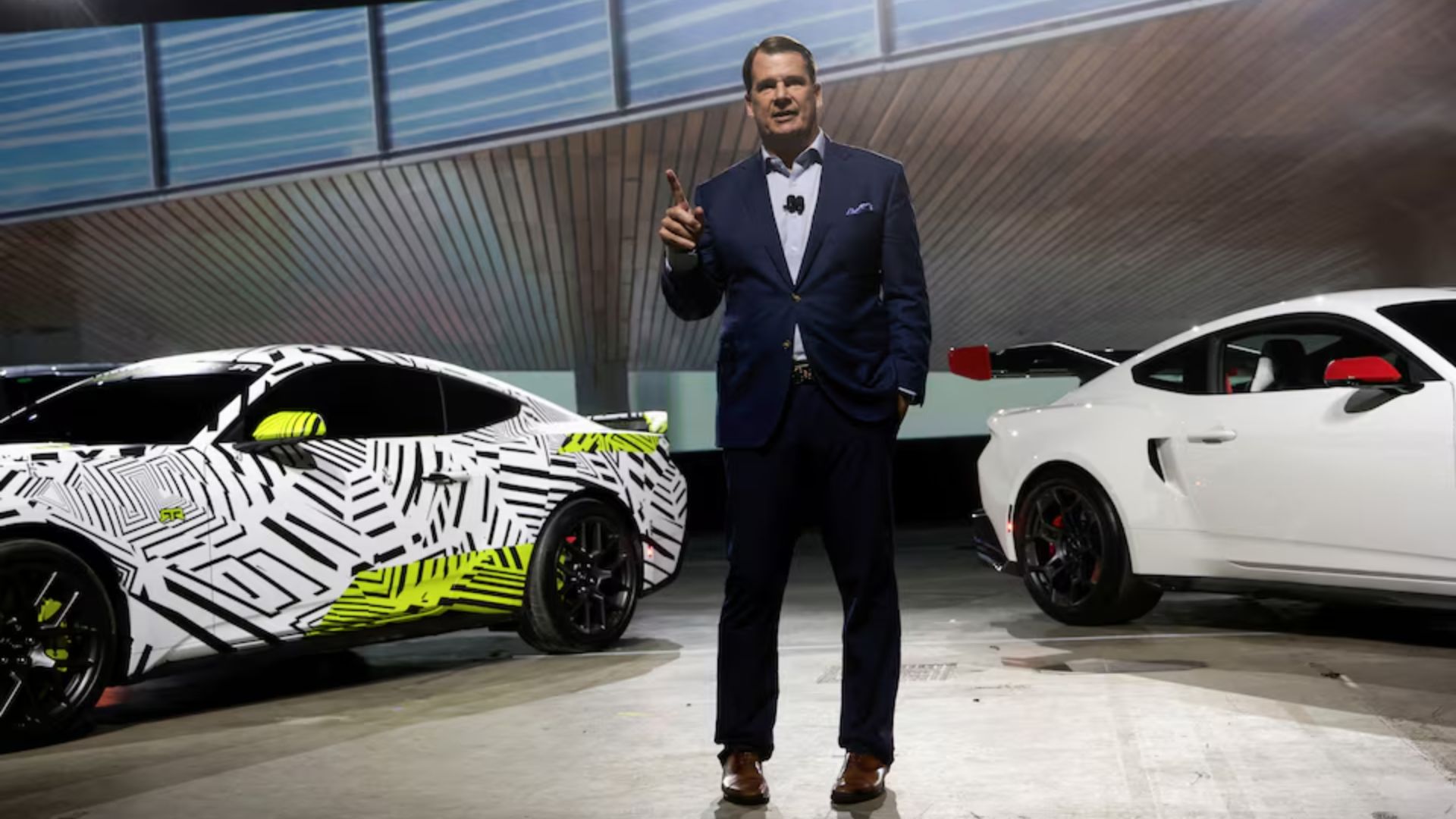WASHINGTON, (Reuters) – Ford Motor CEO Jim Farley met with U.S. lawmakers on Wednesday after raising concerns this week that 25% tariffs on Mexico and Canada would “blow a hole” in the U.S. auto industry.
Farley met with Senators Roger Marshall, Elissa Slotkin, Deb Fischer and many House of Representatives lawmakers after warning this week that tariffs President Donald Trump might impose could be devastating and benefit rival foreign automakers.
Democrats have seized on Farley’s comments about tariffs. The Michigan Democratic Party cited the comment as evidence that “Trump’s tariffs aren’t a risk Michigan can afford,” while Senate Democratic Leader Chuck Schumer said they showed Trump’s tariffs could lead to higher inflation.
The White House did not immediately comment.
Farley said in a statement after the meetings the automaker shares Trump’s goal of creating a thriving U.S. auto industry and looks forward to “continuing the dialogue with the administration and lawmakers about how best to achieve this vision.” He said that if Trump is successful it could be one of his most signature accomplishments.
Trump on Monday substantially raised tariffs on steel and aluminum imports to a flat 25% “without exceptions or exemptions” effective March 4. Last week, Trump imposed an additional 10% tariff on Chinese goods and he is preparing to soon announce reciprocal tariffs on every country that charges duties on U.S. imports.
The U.S. president previously threatened to impose tariffs of 25% on all imports from America’s two largest trading partners, Canada and Mexico, saying they must do more to halt the flow of drugs and migrants across the U.S. border. After some border security concessions, Trump paused the tariffs until March 1.
“What we’re seeing is a lot of cost, a lot of chaos,” Farley said on Tuesday at a Wolfe Research conference. “If you look at the tariffs, let’s be real honest, long term, a 25% tariff across the Mexico and Canadian border will blow a hole in the U.S. industry that we have never seen.”
He also warned on Tuesday that if Congress rescinds incentives for electric vehicles, it could put jobs at risk after Ford made significant investments in battery production and assembly plants in Ohio, Michigan, Kentucky and Tennessee.
Republican lawmakers introduced a pair of bills on Wednesday to rescind EV tax credits and impose a $1,000 tax on new EVs to pay for road repairs.
Reporting by David Shepardson; Editing by Sandra Maler and Muralikumar Anantharaman











